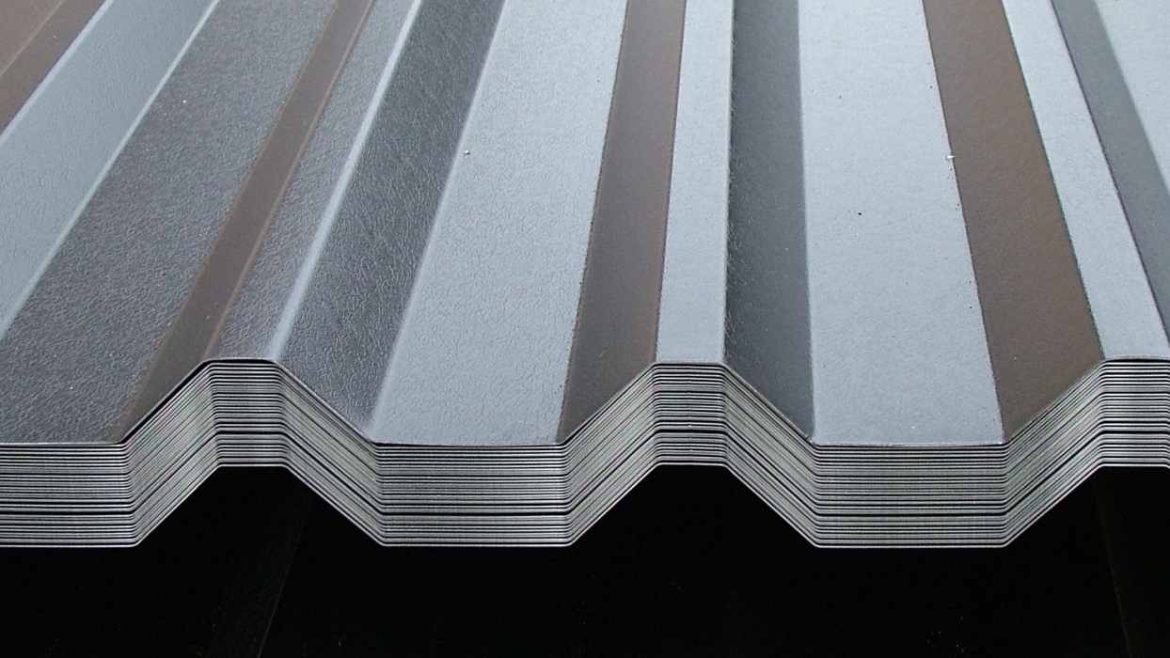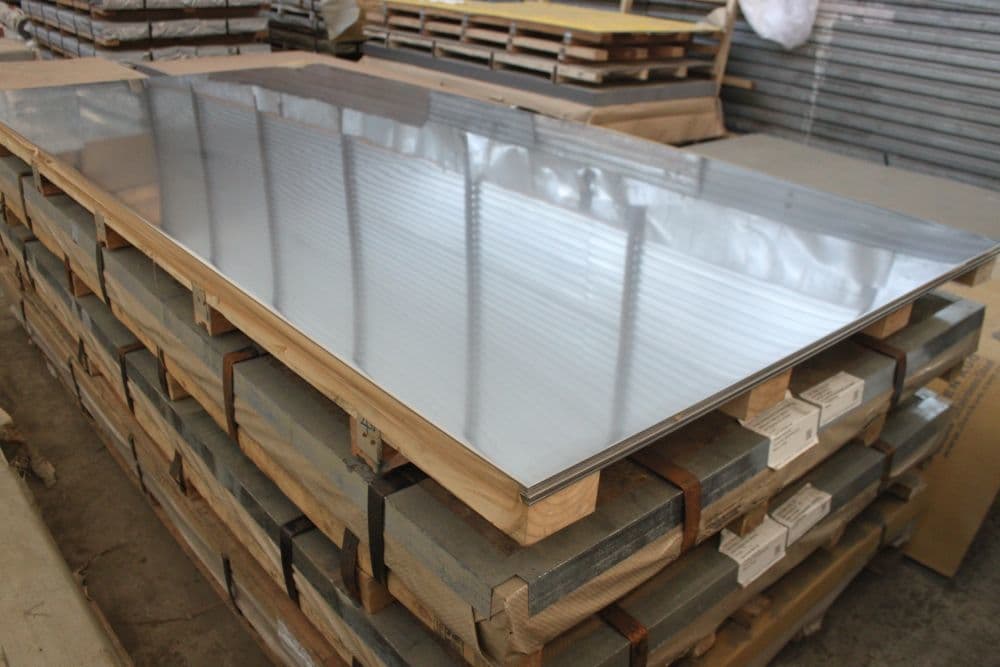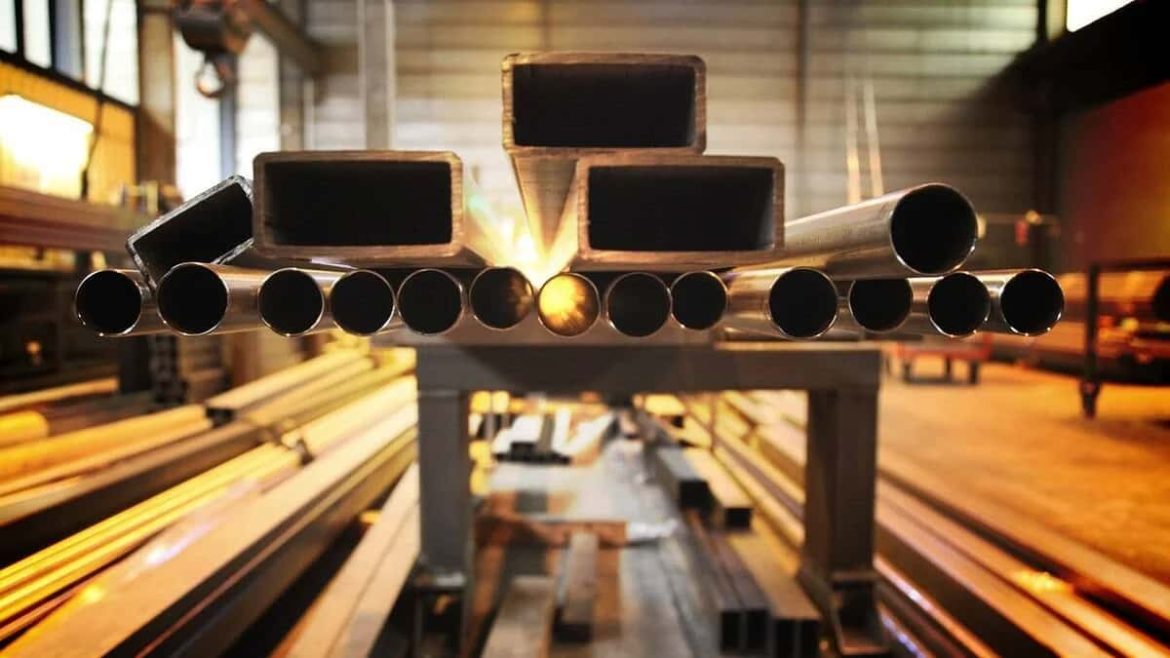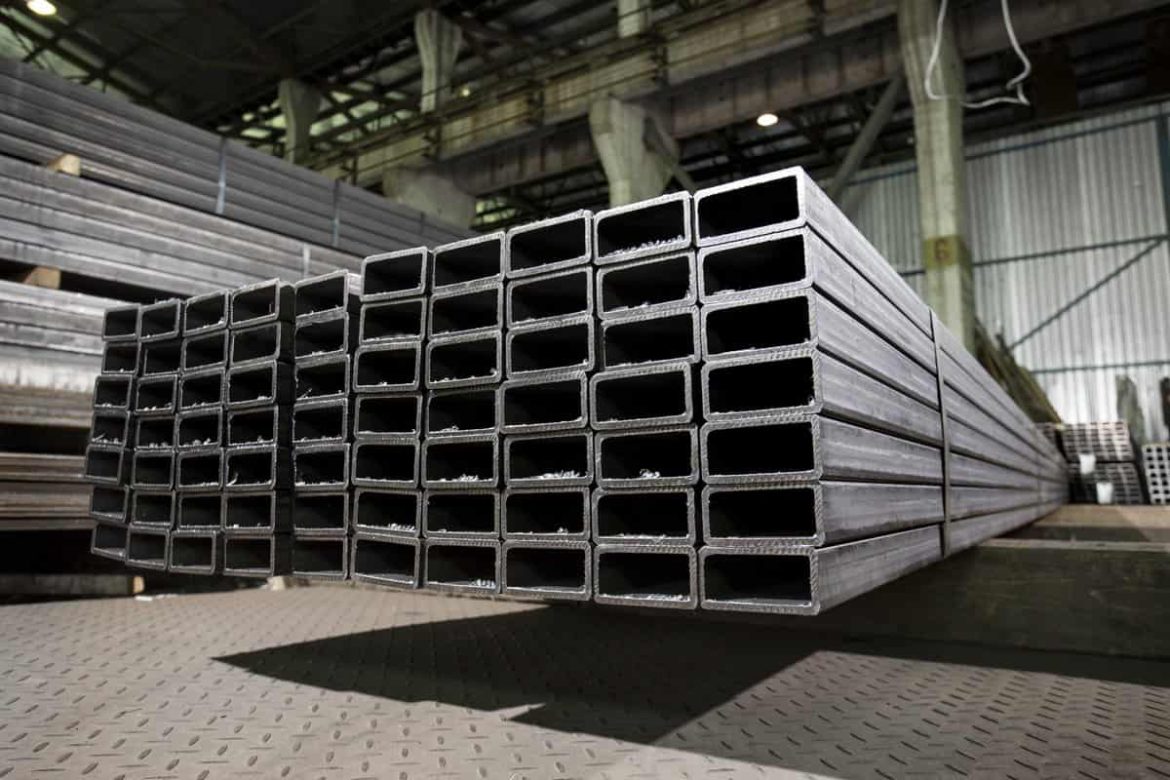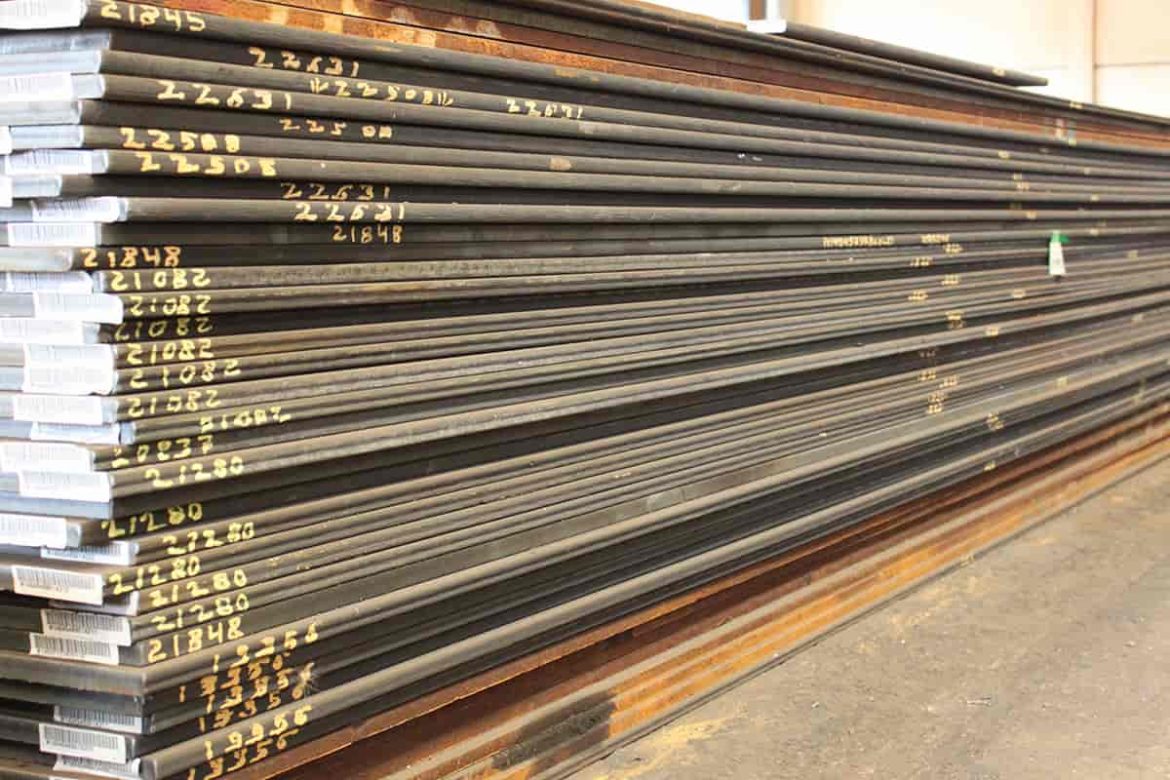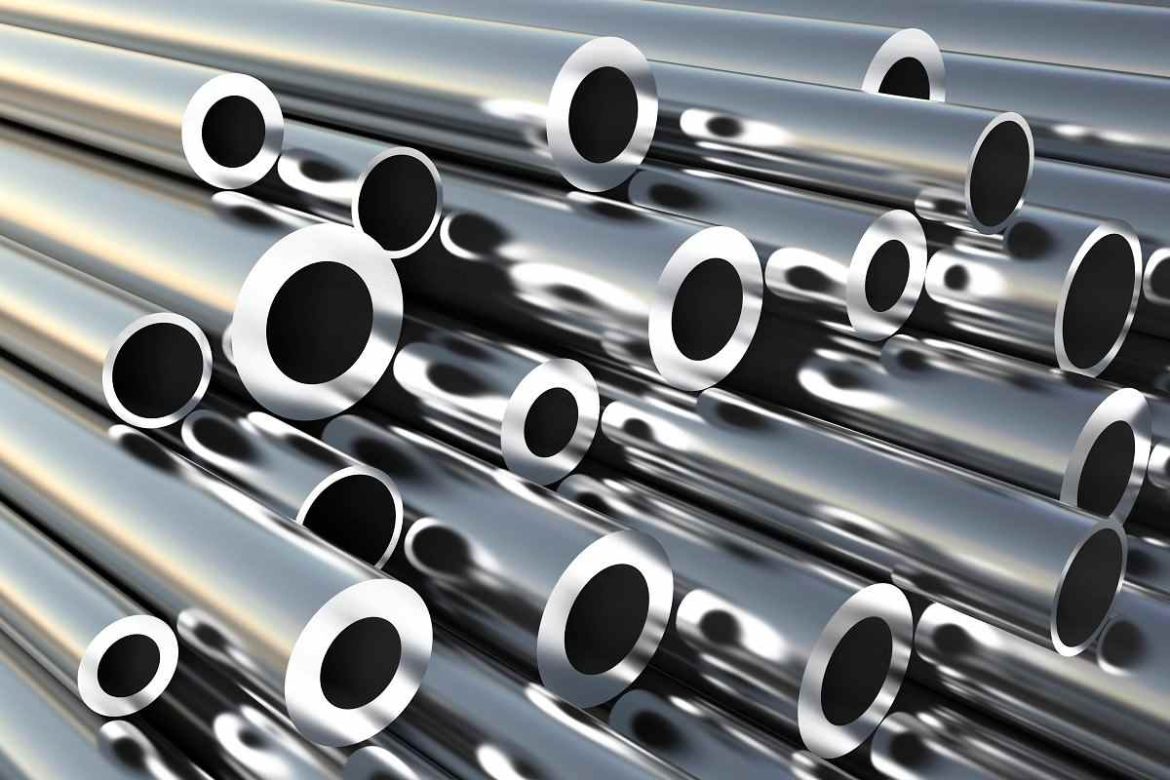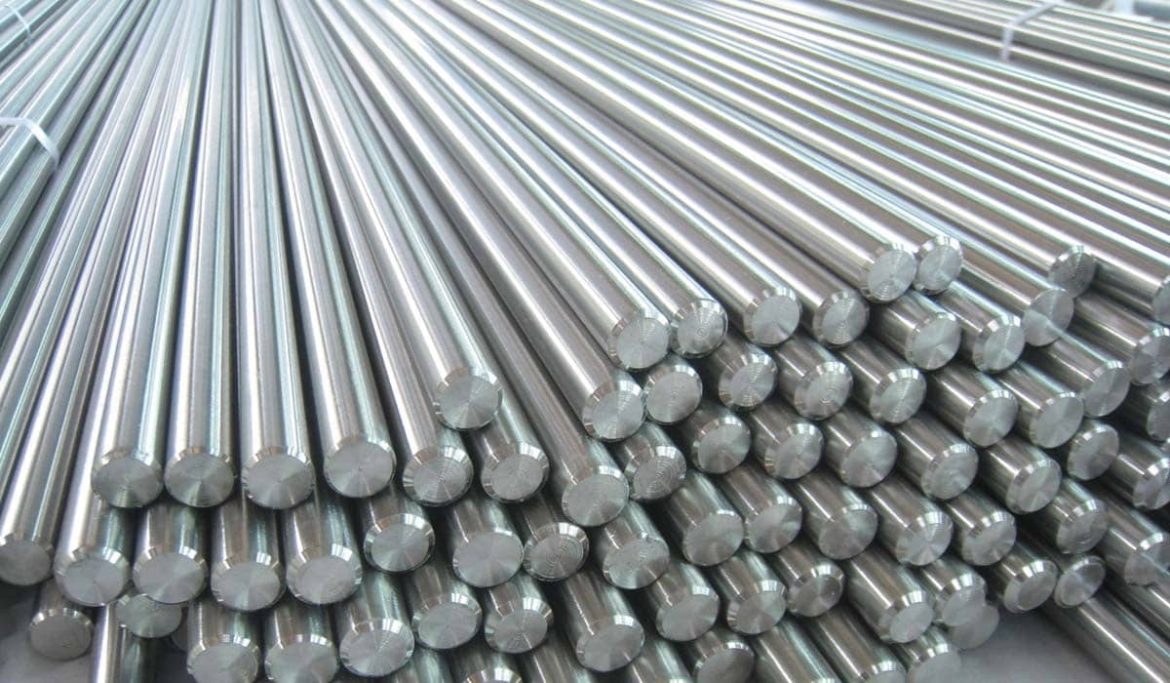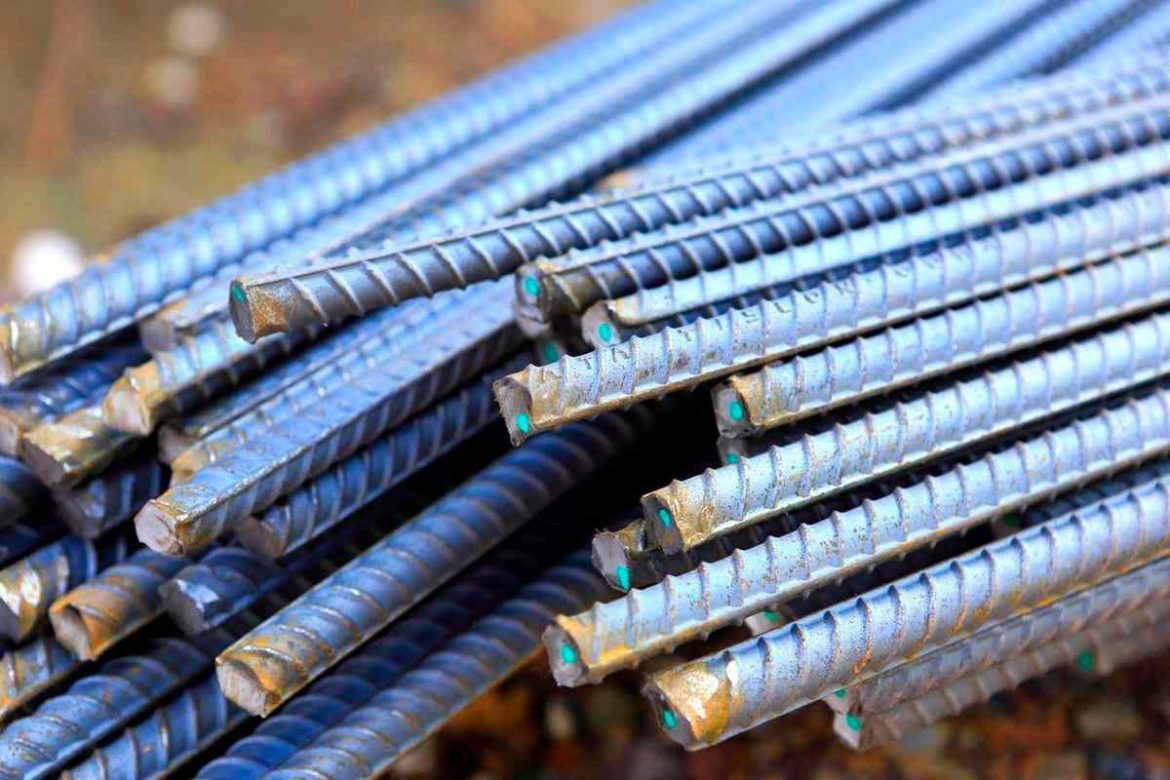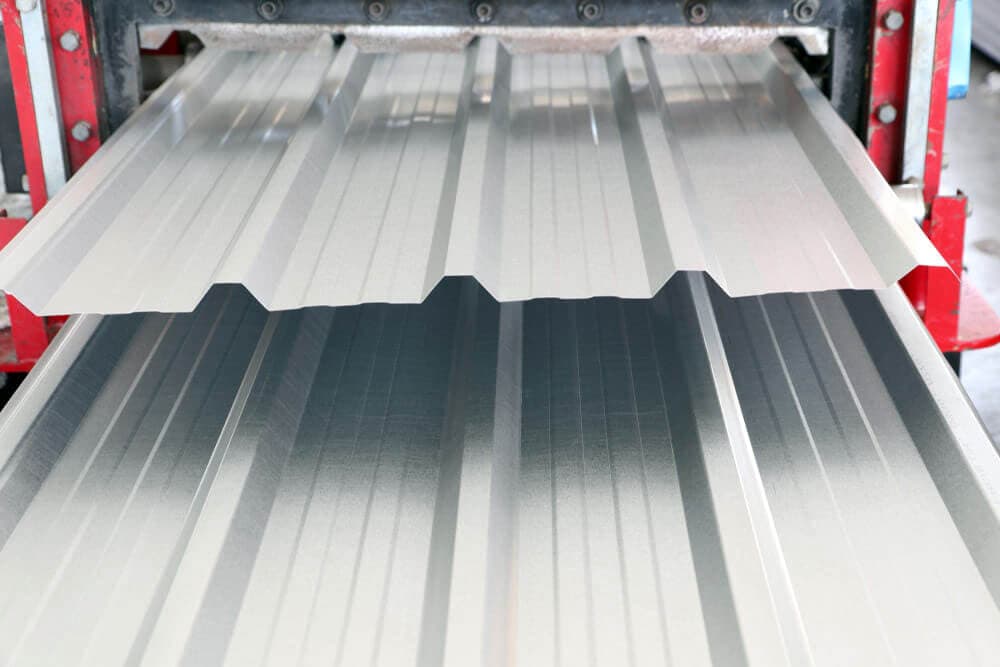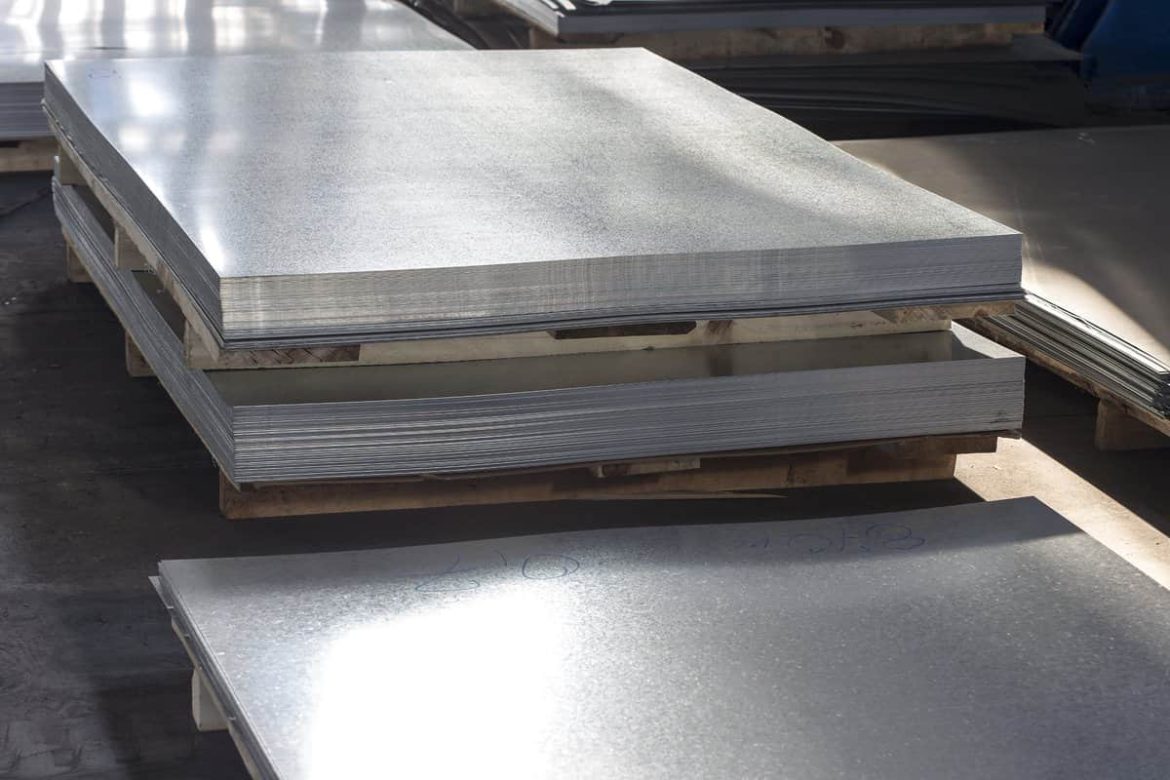Introducing reber steel bar + the best purchase price
the marks are on the rebars to define the size and model of it
8mm steel bar is written on the one size of the product
These are some of the standards rules to take care of
It is all too simple to take the materials used in construction for granted without giving any thought to their characteristics, the ways in which they differ from one another, or the standards that are applicable to them
When it comes to making educated purchase selections and acquiring the appropriate product for your construction project, even a small amount of knowledge may go a long way and assist make informed decisions
Take steel reinforcement products as an example; considering that there are over 3,500 different grades of steel in use around the world, can you honestly say that you understand what the grades that are specified for steel reinforcement mean and how they affect the mesh reinforcement products that you purchase? Let’s take a more in-depth look, shall we?
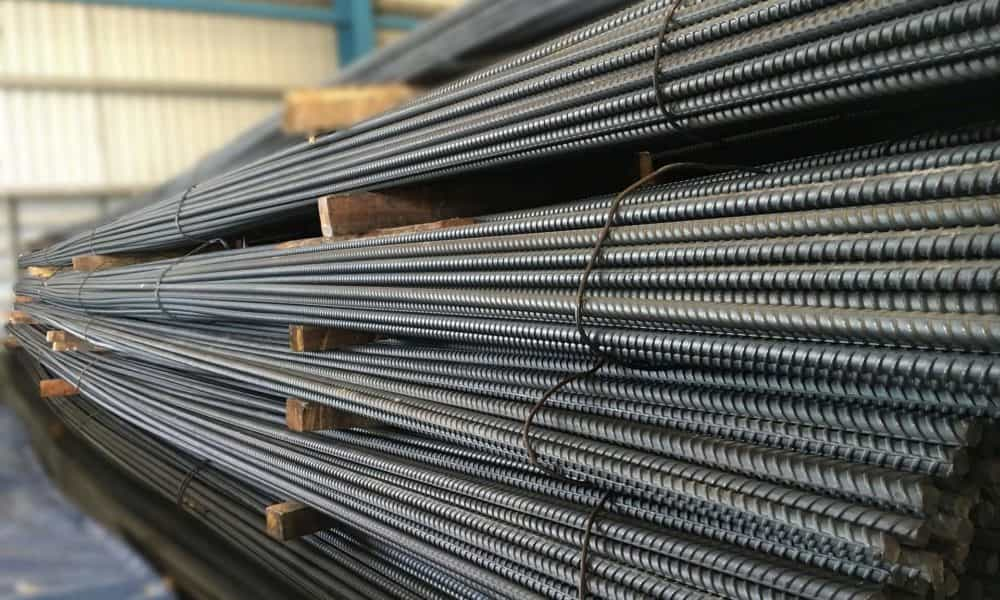
It is important to understand the distinctions between hot rolled steel, cold rolled steel, and cold drawn steel before delving into the specifics of the standards that apply to steel reinforcing products and the grades that categorize these goods
The price of the finished product is perhaps the most noticeable distinction between these two methods of production; the price of hot-rolled steel is much lower than that of cold-drawn steel
Before considering whether or not cost should be the most significant element in your choice of reinforcement product, it is vital to have a thorough understanding of the manufacturing method that is used for each type of steel as well as the physical distinctions that exist between these types
When opposed to cold rolled steel and cold drawn steel, hot rolled steel is easier to shape since it is formed at temperatures higher than 1,500 degrees Fahrenheit throughout the production process
On the other hand, steel that has been hot rolled is not as strong as steel that has been cold rolled or cold drawn, and it is also more difficult to shape accurately
Because of how it cools after being processed, the final shape of the steel can be slightly off, which makes it unsuitable for applications that need high levels of precision
However, it is the steel type that is typically used for uses that are more generic in nature, such as building
The production of cold-rolled steel takes place at room temperature and does not include the use of heat
This technique results in steel that is more durable and can be shaped with more accuracy
To create cold drawn steel, first hot-rolled bars or coils are cooled to room temperature, and then the material is formed by passing it through a die after being dragged through the die
Steel that has been cold drawn has a higher tensile strength than steel that has been hot rolled, and it can be produced with a lot more precision
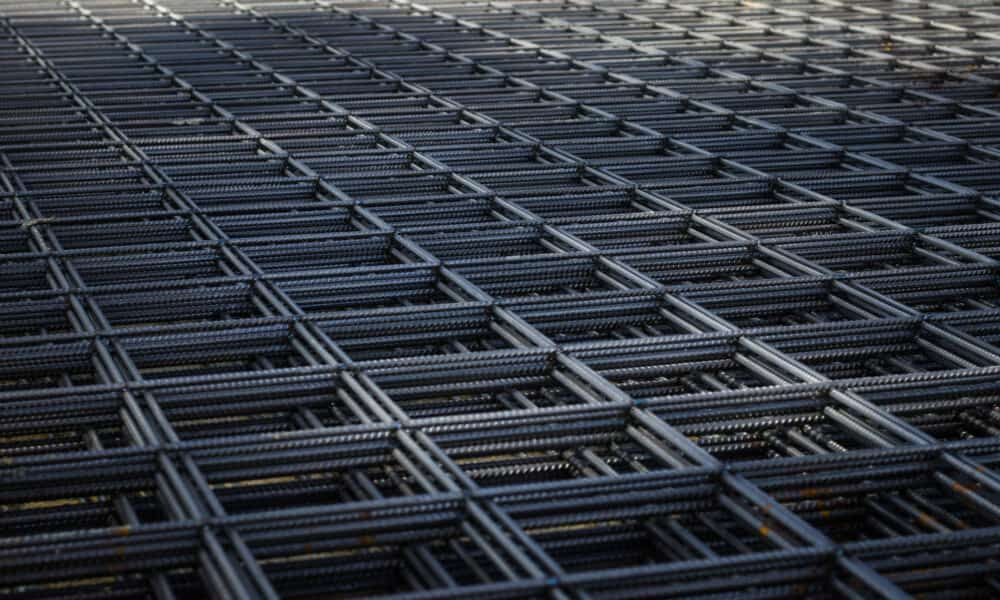
rebar steel bar
steel reinforcement bar that is short in word, rebar
The word is mostky used in the commercial purposes
A predetermined naming scheme is used for the various European standard grades of steel products
Following the letter that denotes the beginning of each grade is a numerical identifier
The letter is associated with the application, whereas the number is associated with the yield strength of the steel
The letter B and the number 500 on the application indicate that the steel has a minimum yield strength of 500 MPa and is therefore suitable for use in reinforcing concrete
Following this, each grade of reinforcement steel is designated by a final letter, either A, B, or C
The Variations in Question In the areas denoted by B500A, B500B, and B500C The A, B, and C designations are all related to structural tolerances, and their differences are complex
Steel of grade B500A is commonly utilized for the production of reinforcement mesh products, whilst steel of grade B500B is utilized for the production of rebar
Because of the normally high cost overhead associated with B500C steel, it is not very often that this grade is requested
Because of this, it is always a good idea to check with a structural engineer to see whether grade B500B might be used instead of B500C
Because of their better ductility and tensile strength, certain grades of steel can lead one to believe that they have to be cold drawn rather than hot rolled
However, this is not the case, despite the fact that this might be a tempting assumption to make
It is not the processes that are utilized to create the steel that determines its grade; rather, the composition of the steel and how well it performs in comparison to other steels is what matters
Hot rolling, cold rolling, and cold drawing are all processes that can be used on steels of any grade
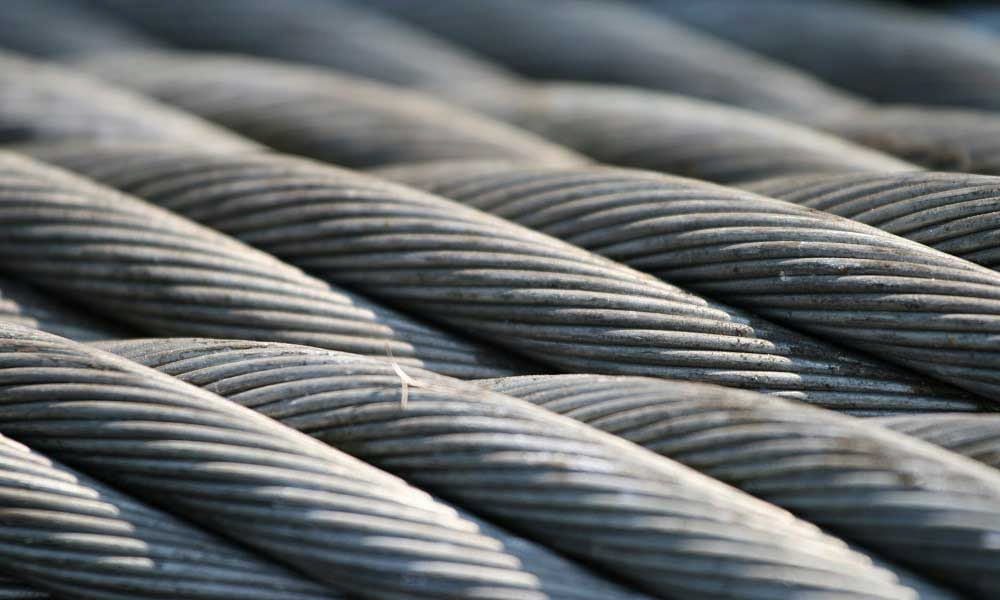
rebar steel bar marks
marks are written on the rebar steel bar products to be determined for the uses
Reinforcing bar, also known as reinforcement steel or rebar, is a type of steel bar that is utilized in the construction of masonry and concrete structures to reinforce and strengthen the concrete while it is under tension
It may be difficult to differentiate between the many types of rebar because they frequently appear to be identical to one another
This might lead to unnecessary confusion, an increase in the expenses of the materials, and a delay in completing the duties at hand
Reinforcing bars (or rebar) are marked in a variety of ways, each of which makes it that much simpler to identify each specific type of bar
In this chapter, we will discuss one of the most common marking methods, which delves into the specifics of the rebar’s manufacturing process as well as its composition
The American Society for Testing and Materials is a firm that was formerly known as ASTM International
It is in the business of developing and publishing various kinds of technical standards for a wide range of materials, systems, products, and services
In addition, it has published standards for reinforcing bars, which are a construction material that is utilized extensively all over the world
During the manufacturing process, a variety of marks are engraved into each individual rebar
The authenticity of the bar can be deduced by the specific emblem that it possesses
There are four basic symbols that are utilized for marking
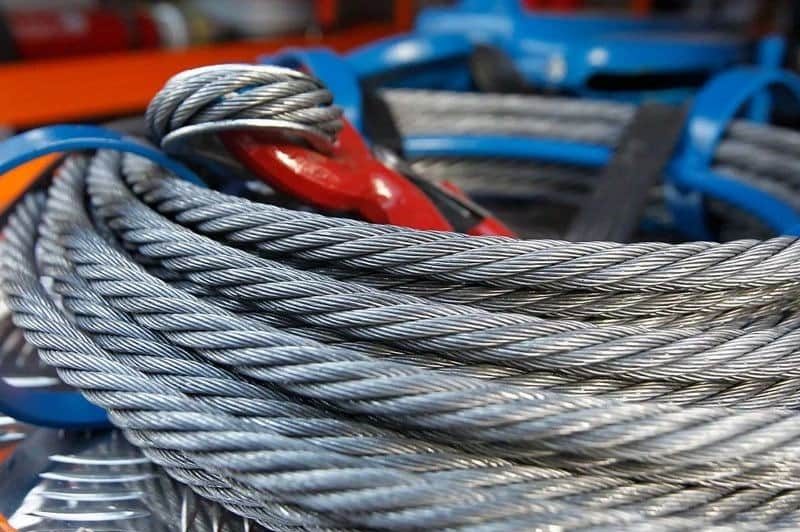
Manufacturer’s code: The first mark shows the reinforcing bar’s manufacturing mill or manufacturer
It is either a pre-designated alphabet or a pre-designated symbol for the company
Numbering system for bar size
The standard bar designation number expresses the numerical code identifying the bar’s size
The nominal diameter of the bar up to size 8 is represented by the standard bar identification number as the number of eighths of an inch
As an illustration, a bar with designation number 4 has the same mass per foot as a plain bar with a diameter of 4/8 inch (0
500 inches)
The bar with designation number 9 weighs exactly the same per foot as a bar that is one inch square
Sizes 10, 11, and 14 weigh the same per foot as a bar that is one inch square, and size 18 weighs the same per foot as a bar that is two inches square
The same is well explained in the table below
The steel type’s letter code
The type of steel is indicated by the third character, an alphabet
Each of the five alphabets has an ASTM specification and represents one of five different grades of steel
It goes like this: 3
1
The ASTM specification version known as A615-81 “Standard Specifications for Deformed and Plain Billet-Steel Bars for Concrete Reinforcement” applies to billet steel and is abbreviated as S S
The ASTM specification edition known as A616-79, “Standard Specification for Rail-Steel Deformed and Plain Bars for Concrete Reinforcement,” is for rail steel
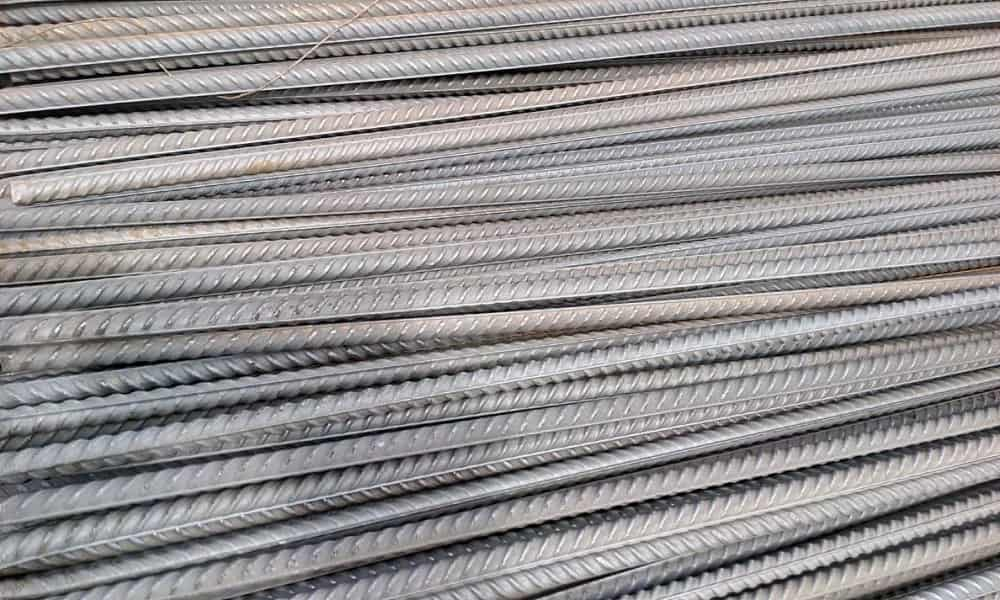
3
3
A617-79, the “Standard Specification for Axle-Steel Deformed and Plain Bars for Concrete Reinforcement,” is an ASTM specification version for axial steel
The ASTM specification edition known as A706-80, “Standard Specification for Low-Alloy Steel Deformed Bars for Concrete Reinforcement,” is for low alloy steel
Steel grade
The bar’s steel grade is indicated by the fourth marking (or absence of a marking)
The tensile strength of the bar is indicated by the grade in pounds per square inch
The marking corresponds to the following grade:
A grade of 40 or no marks
Grade 60 is equivalent to a grade of 4
(Metric Grade 420)
Grade 75 with a score of 70 or 5
(Metric Grade 520)
80 : Grade 80
100 = Grade 100
120 = Grade 120
The number of lines taking up at least five spaces and indicating the grade
It is situated between the two major ribs and is smaller in size
Grades 40 through 60 are represented by one line, grades 70 by two lines, and grades 80 by no lines
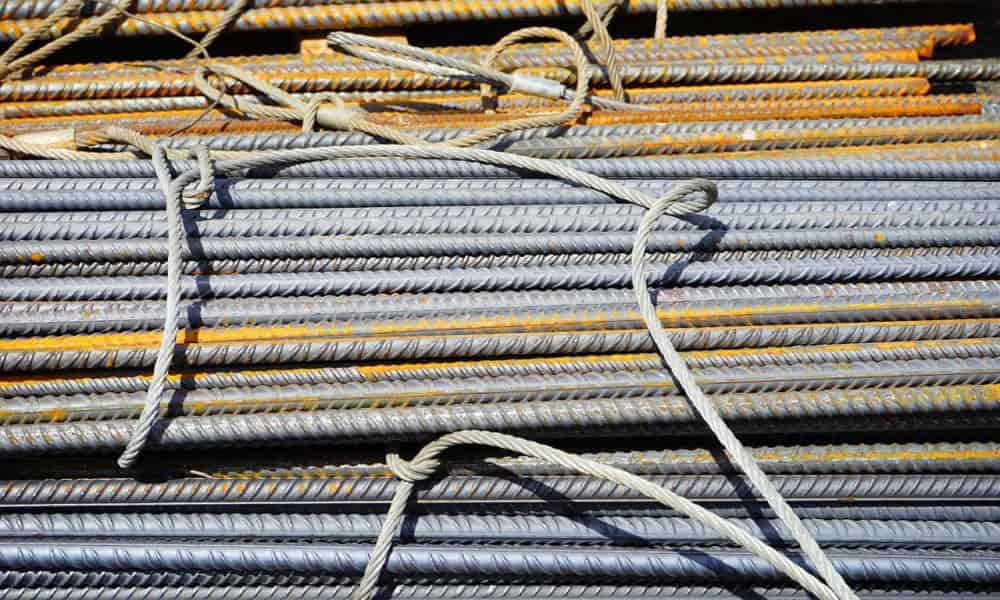
rebar steel bar size
the sizes of the steel bars are different and depending on ther uses and the features that aare expected from them
Rebar differs in forms and the diameters
The numerous steel rebar grades that are offered on the market can be at best perplexing when you’re getting ready to start a building job
But how do the various classes differ from one another? How can you differentiate them? How important is it which kind you use for your upcoming project? What are the various grades of rebar? Rebar is rated according to how many pounds per square inch of tensile strength it has
Strength increases as the grade number becomes higher, with grade 33 starting at the low end
The minimum yield strength and tensile strength for grade 40 are 40,000 and 60,000 PSI, respectively
Grade 60 rebar, in contrast, has a minimum yield strength and tensile strength of 60,000 and 90,000 PSI, respectively
How can I distinguish between the many steel rebar grades? The different steel rebar grades can be distinguished in a few ways
One of the simplest is to scan the rebar for the stamped numbers and letters in between the lines
This could be a group of three characters, like B6S
This indicates that the grade 60 rebar is made of steel, the manufacturer is indicated by the letter B, and it is manufactured
If there is another number, it can indicate the size of the rebar
The lines that go between the exterior ribs can also be used to determine this
The bar is grade 40 rebar if there is no line
Grade 60 rebar is present if there is a line there
The third way to tell is to inspect the ends of the rebar for paint
The rebar cannot be welded if both ends are the same color
However, it can be welded if one end is red and the other end is a different color
White corresponds to grade 33 in this system, yellow to grade 40, and green to grade 60
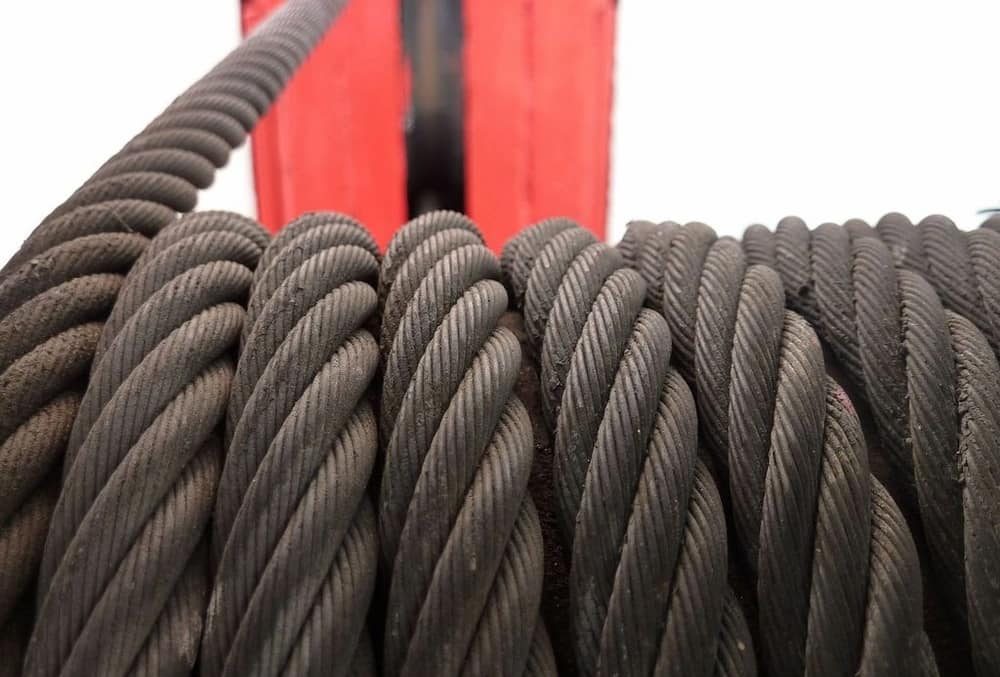
How important is it if I get rebar of the proper grade? The amount of weight that your project can support depends on its reinforcing bar
If you have a project that will support a lot of weight, the type of rebar is crucial
A grade 33 plain carbon steel rebar with a lower tensile strength can be used for basic home improvement projects like a straightforward concrete patio
If you live in an earthquake-prone area, you wouldn’t want that supporting your roof
You may much more easily identify the proper type for your project or upgrade to superior structural strength for a little extra insurance if you are aware of the variations between the various rebar grades
But now that you are aware of the rebar grade you require, are your instruments adequate to do the task?
